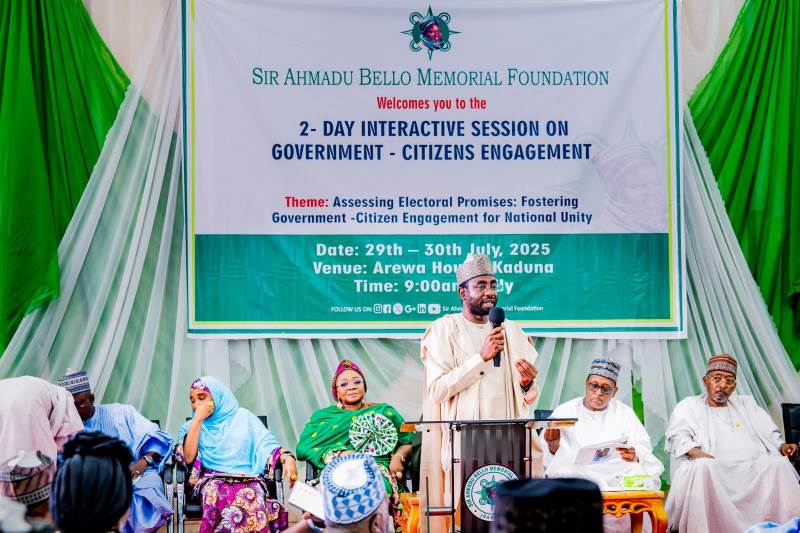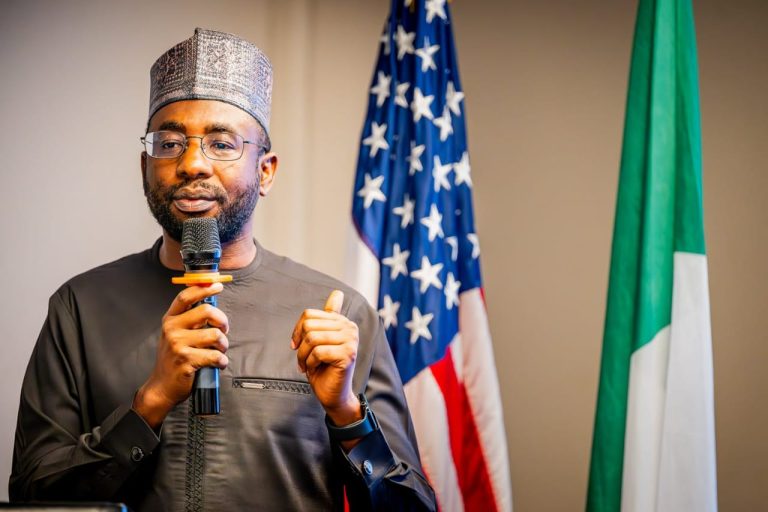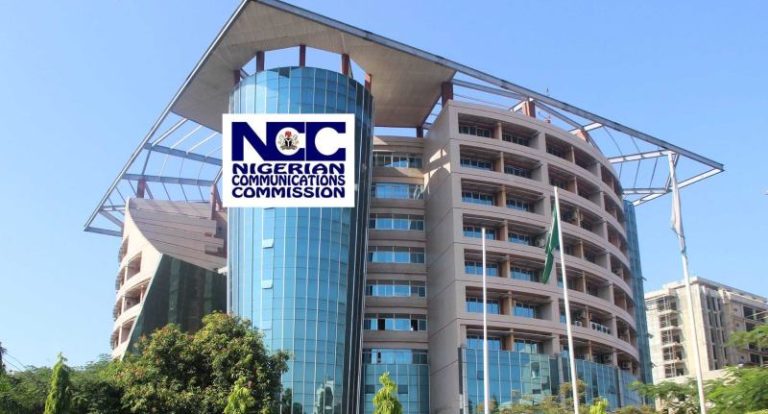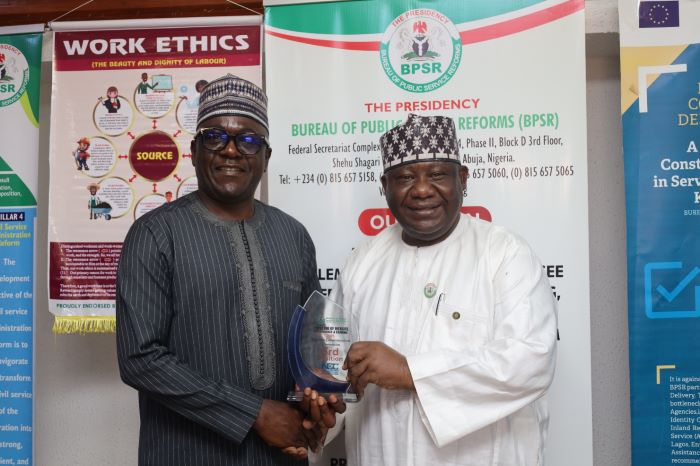
The Director-General of the National Information Technology Development Agency (NITDA), Kashifu Inuwa Abdullahi, has emphasized the crucial role of digital transformation in promoting Nigeria’s economic diversification, fostering national unity, and rebuilding public trust in governance.
He made this known during a 2-Day Interactive Session on Government–Citizens Engagement in Kaduna, themed “Assessing Electoral Promises: Fostering Government Engagement for National Unity.” The event, organised by the Sir Ahmadu Bello Memorial Foundation, brought together ministers, heads of government agencies, policymakers, academics, and civil society leaders to assess the progress of President Bola Ahmed Tinubu’s Renewed Hope Agenda.
Inuwa described the digital economy as the backbone of national development, with an impact across agriculture, health, education, and financial inclusion. He highlighted NITDA’s initiatives, including the 3 Million Technical Talent (3MTT) programme, Digital Literacy for All initiative (DL4All), and ongoing research in AI, IoT, UAVs, blockchain, and robotics. According to him, more than 350,000 Nigerians in the North have already been trained to achieve 70 percent digital literacy nationwide by 2027.
He also revealed that NITDA, in collaboration with the Ministry of Education and the National Youth Service Corps (NYSC), is embedding digital skills into both formal and informal education systems—ensuring inclusivity for students, traders, and community leaders alike.
On infrastructure, Inuwa announced the rollout of three digital centres in every state and 90,000km of fibre optic cables to position Nigeria as Africa’s digital hub. In the last two years, the agency has established 13 IT Community Centres, 101 Digital Economy E-Learning Centres, and a Cybersecurity Research Centre.
The DG further noted that global tech players, including Google and Microsoft, are already exploring investment opportunities, while Nigeria will host major international tech events this year, such as GITEX Nigeria and the UN e-Governance (ICEGOV) Summit—both expected to drive significant foreign direct investment.




